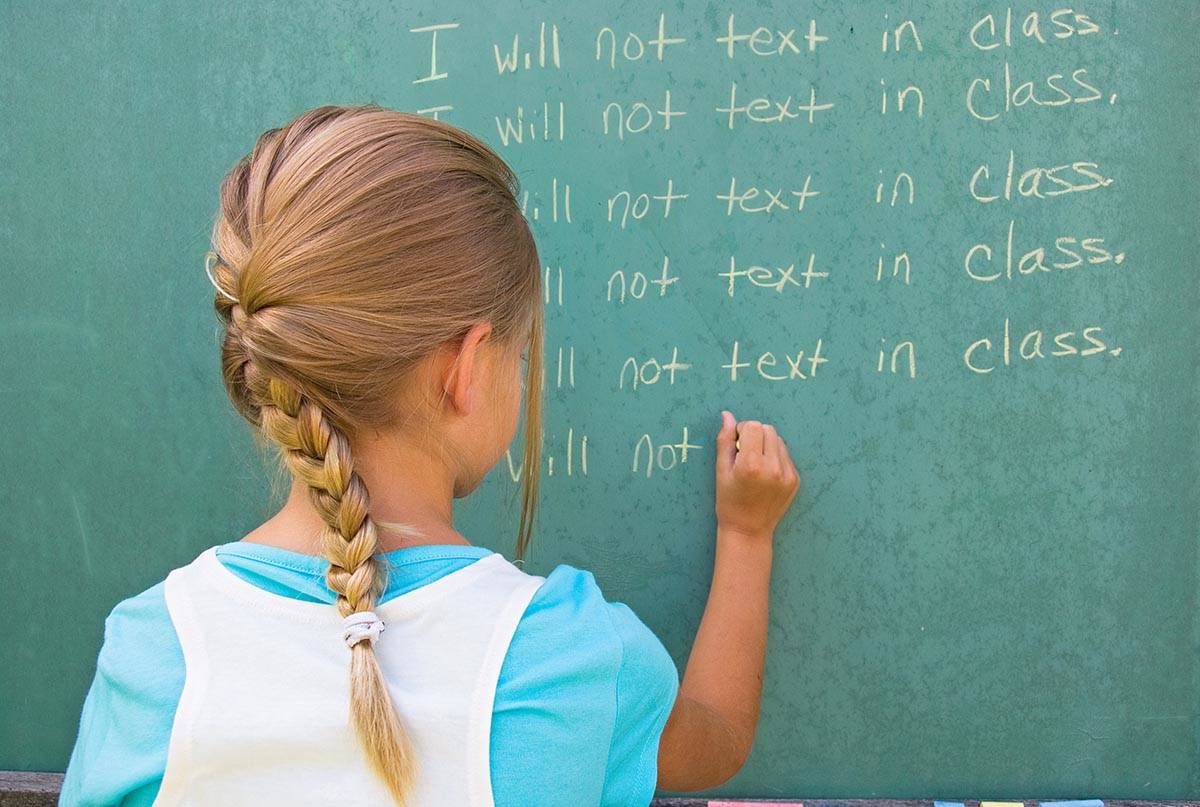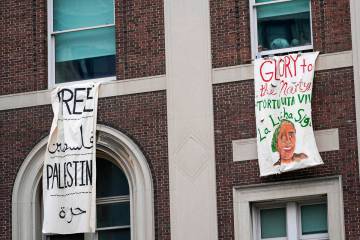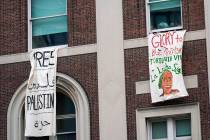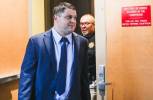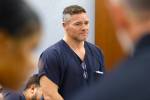IN RESPONSE: Moving with the educational current
I take exception to your May 13 editorial on Clark County School District disciplinary policies.
Healing and affirming schools promote student belonging, family engagement and community. There is a robust body of research that supports the idea that, when students feel safe in their schools, their misbehavior is diminished. For this reason, the use of restorative practices is growing nationally.
You see, the “watering down” of punitive discipline practices — as the Review-Journal put it — suggests that schools are eliminating an effective tool. As it turns out, there is a large, growing body of evidence taken from research and practice that suggests otherwise. The current discipline practices do not work.
Punitive disciplinary practices, particularly those that remove students from classrooms and schools, do not reduce student misbehavior. In fact, in many cases, they serve to amplify student misbehavior. Students who are repeatedly suspended or receive these antiquated punishment-oriented approaches are denied the opportunity to learn positive and prosocial behaviors. They are also less likely to feel connected to their schools, less likely to finish school and more likely to be underemployed as adults.
Inevitably, someone reading this will make the argument that it “worked for them.” These are the same folks who rage about the continued failure of our school district while not wanting to see any meaningful change. I challenge that perspective, and say we know better, so we must do better.
What do we know? We know that Black and Latinx youth are targeted with punitive practices more often than their white and Asian peers. We know that our current methods of discipline do not reduce problem behaviors. We know that making students feel a sense of community and belonging in schools reduces problem behaviors. We know that providing healing and trauma-informed practices in schools reduces problem behaviors.
Most importantly, we know that if we are to educate and prepare a generation of civic-minded, critical thinking adults, we have to begin by fostering community in the schools. Scholars have built careers proving this. Many school districts have acknowledged this. The CCSD is moving with the educational current and seeking to employ best practices in educating children. This means embracing practices that nourish the whole child and teach students to be members of a community.
Healing-centered, affirming schools take the time to get to know children as individuals and explicitly teach the impact their choices have on the community. These restorative practices teach children that their misbehavior takes learning time from their friends.
Restorative approaches help them understand the real harm they can cause and teach them how to repair that harm.
Where there are major infractions — behaviors where repair is not feasible — there are appropriate consequences. Opponents suggest egregious offenses against staff or other students go unanswered. This is not true. The consequences are very real. On occasion, that may mean removing a student from the school through suspension or expulsion. But this is the exception and not the rule. Students develop a sense that they matter and their contributions to the learning environment matter. These approaches not only improve the social and emotional health of students, but they improve learning outcomes.
There is a basic principle in behavior science that is proven to work: Give more attention to the behaviors you want to see more of. The Clark County School District is moving in the right direction by focusing on creating the learning environments we want to see and shifting from practices that penalize youth and rob them of opportunities to learn.
Again, years of research and mountains of evidence support the shift from a punitive culture to a restorative one. Isn’t it time we really look at the research for strategies on how to improve outcomes in the school district to greatly benefit our kids?
Tara Raines is an assistant professor in UNLV’s department of educational physchology and a policy director at Children’s Advocacy Alliance.



